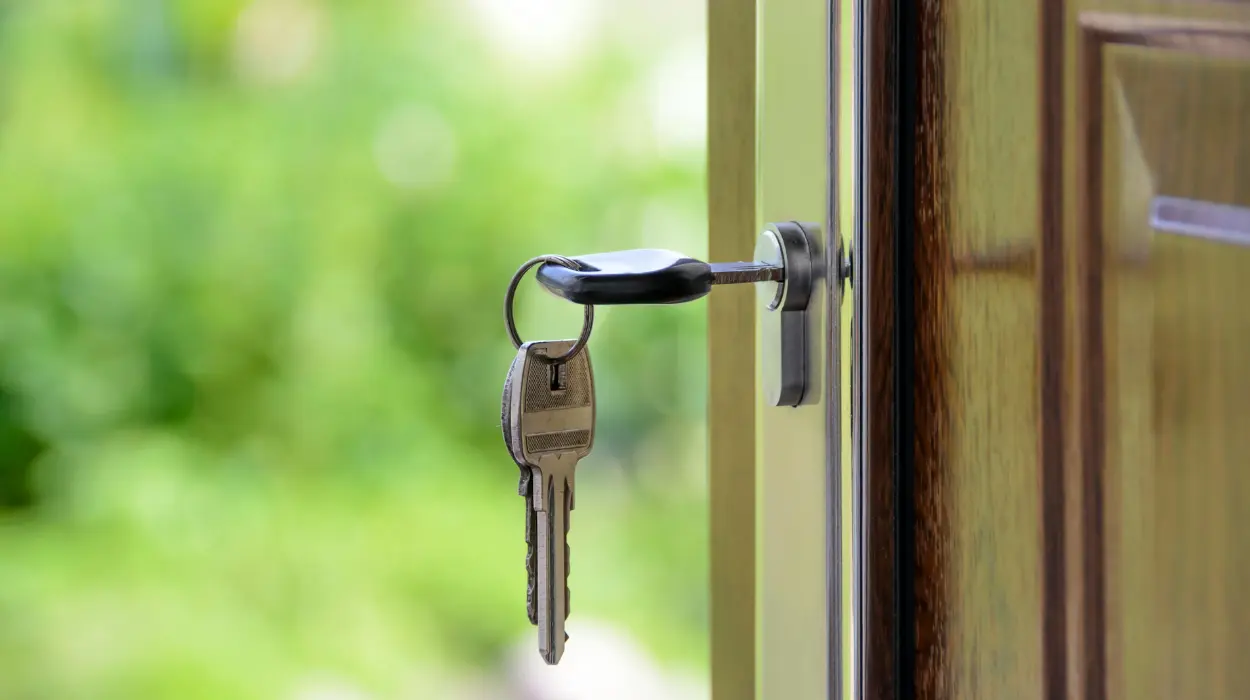Barnet (Parliament Politics Magazine) – Barnet’s housing market sees a sharper decline than the London average, raising concerns about regional property trends and economic resilience in the borough.
According to recent data, Barnet’s house values fell more than the London average in February.
As reported by Barnet Post, the Office for National Statistics reports that the average Barnet house price in February was £602,832, which is a 1.3% drop from January.
It was less than the 1.1% price drop that was typical for London.
The area’s longer-term trend, which has seen home values rise by 0.7% over the past year, is unaffected by the decline in Barnet.
With the average price in Barnet increasing by £4,300 over the previous 12 months, the district was placed 23rd out of London’s 33 local authorities for yearly increase.
Lewisham saw the largest annual gain in London, with an average 9.6% increase in house prices.
On the opposite end of the spectrum, Westminster real estate saw a 20.9% decline in value.
In the meantime, average home prices in the UK increased by 5.4% in the year ending in February, marking the biggest gain in over two years.
Since last summer, the growth of house prices has accelerated, and buyers have increased their activity as they scramble to avoid stamp duty hikes.
Homebuyers were rushing to finish their acquisitions before stamp duty breaks in England and Northern Ireland dwindled, according to experts.
Previously exempt from paying stamp duty on properties up to £425,000, first-time purchasers began paying the levy on properties over £300,000 in April.
Market dynamics are impacted and transactions may be slowed by changes in government housing policy, planning laws, and the requirement to carry out revitalization projects responsibly.
Economic conditions and legislative changes can cause general housing market uncertainty, which might result in cautious buyer behavior and fewer completed purchases.
According to separate ONS data, Consumer Prices Index (CPI) inflation decreased from 2.8% in February to 2.6% in March.
These numbers demonstrated the “peak of activity, as buyers rushed purchases through the system before the stamp duty holiday ran out at the end of the month,” according to Sarah Coles, head of personal finance at Hargreaves Lansdown.
Demand still exceeds supply even though more than 10,000 new homes have been constructed since 2011, but sales volumes are constrained by the high costs and scarcity of reasonably priced options.
Jason Tebb, president of property search portal OnTheMarket, said: “Affordability remains a challenge but with a number of lenders reducing their mortgage pricing over the past few weeks, this may continue to ease if swap rates decline and other lenders follow suit.
Cheaper mortgage rates would certainly help boost activity and transactions, which are of benefit not just to the housing market but to the wider economy.”
In anticipation of future interest rate cuts in the months ahead, swap rates—which are used by lenders to determine mortgage rates—have decreased since US President Donald Trump announced tariffs earlier in April.
What factors are contributing to the decline in property sales in Barnet?
For some buyers, purchasing has become more costly due to the lowering in the “nil rate” stamp duty band for first-time buyers from £425,000 to £300,000 (from April 2025), which may have decreased demand.
Since the average home price in Barnet is more than 15 times the typical household income of £36,000, affordability is a major deterrent for many potential buyers and is reducing sales.
The demand for owner-occupier homes has decreased as a result of a tenancy shift brought on by rising rents (median £1,350/month) and high home prices.
Because of population increase, demand is still high, but transactions are limited by availability and affordability concerns, which lowers sales.
The ability or desire of buyers to buy real estate may be lowered by broader economic issues such as rising inflation (CPI was 2.6% in November 2024) and pressures from the cost of living.


